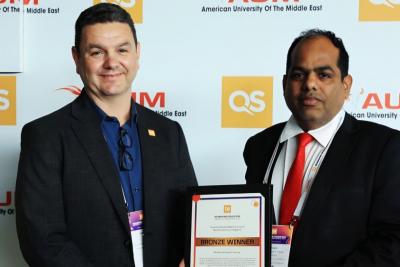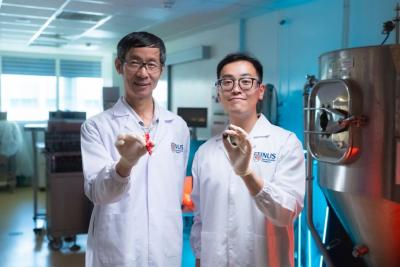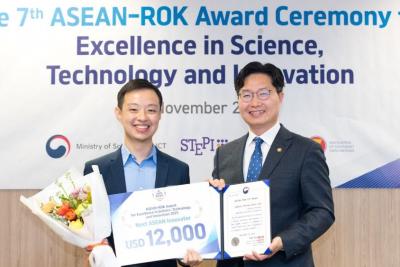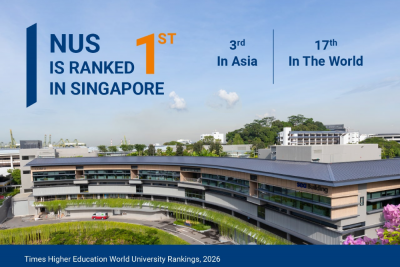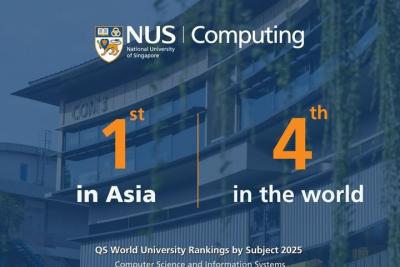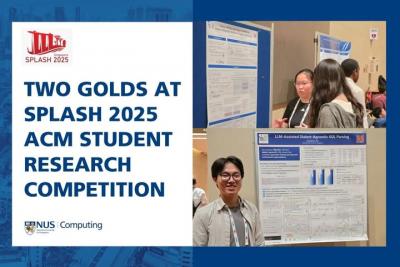PGS Ng Tze Pin NUS dẫn đầu nghiên cứu về sự lão hóa của Singapore trong hơn 20 năm
Countries around in the world are seeing a rise in both the number and the proportion of older persons in their populations. In Singapore, it is estimated that by 2030, one in four people will be over 65 years of age, and this will rise to almost one in two by 2050. Dubbed the ‘silver tsunami’, the rapidly ageing population brings about implications and impacts to Singapore’s economy and society.
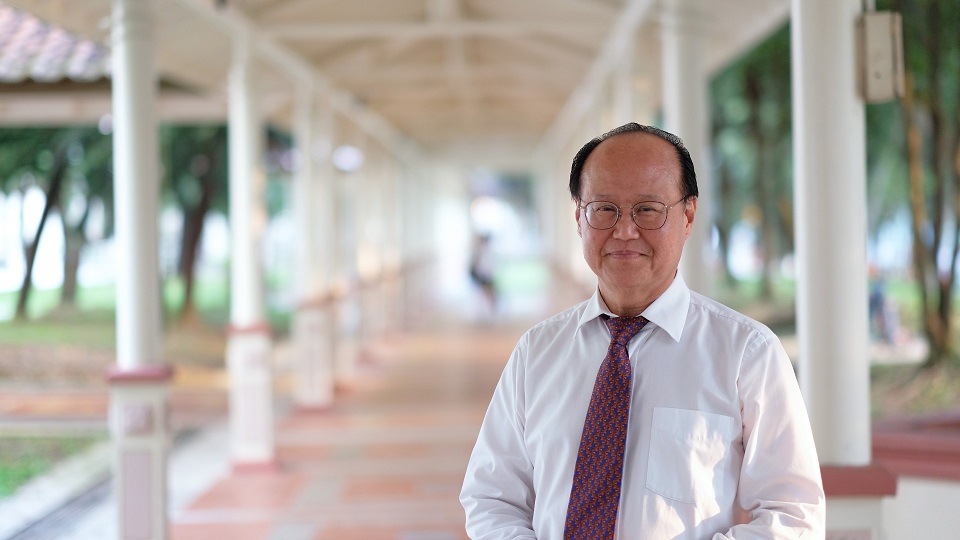
Assoc Prof Ng has been leading the Singapore Longitudinal Ageing Study for more than 20 years. The study follows a large cohort of older Singaporeans to understand ageing in an Asian context and to provide vital data for health policy planning and implementation
Through investing in health promotion and disease prevention, seniors are likely to live longer in good health and continue to actively contribute to the society. Against this backdrop, in 2000, Associate Professor Ng Tze Pin from the Department of Psychological Medicine at the NUS Yong Loo Lin School of Medicine spearheaded a research programme on ageing and health known as the Singapore Longitudinal Ageing Studies (SLAS). Here, he shares what led him to embark on the project, and research findings over the past 20 years.
Xem chi tiết tại đây








